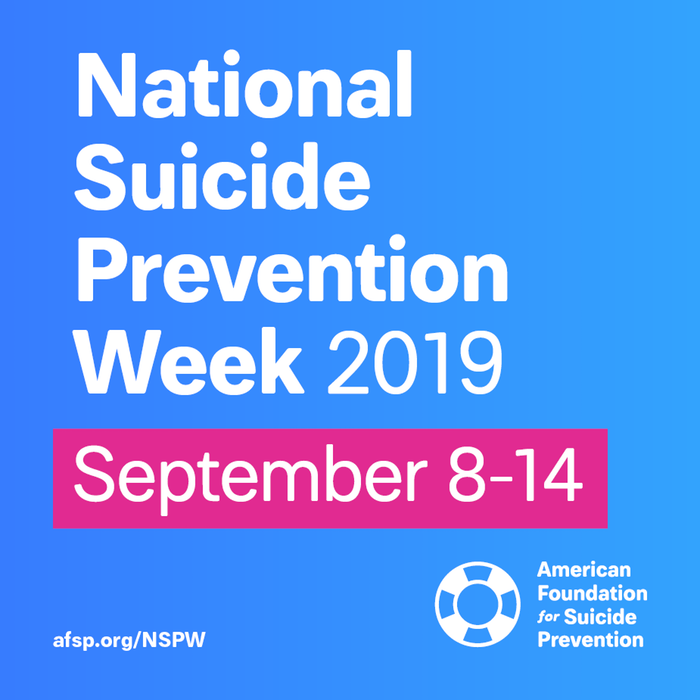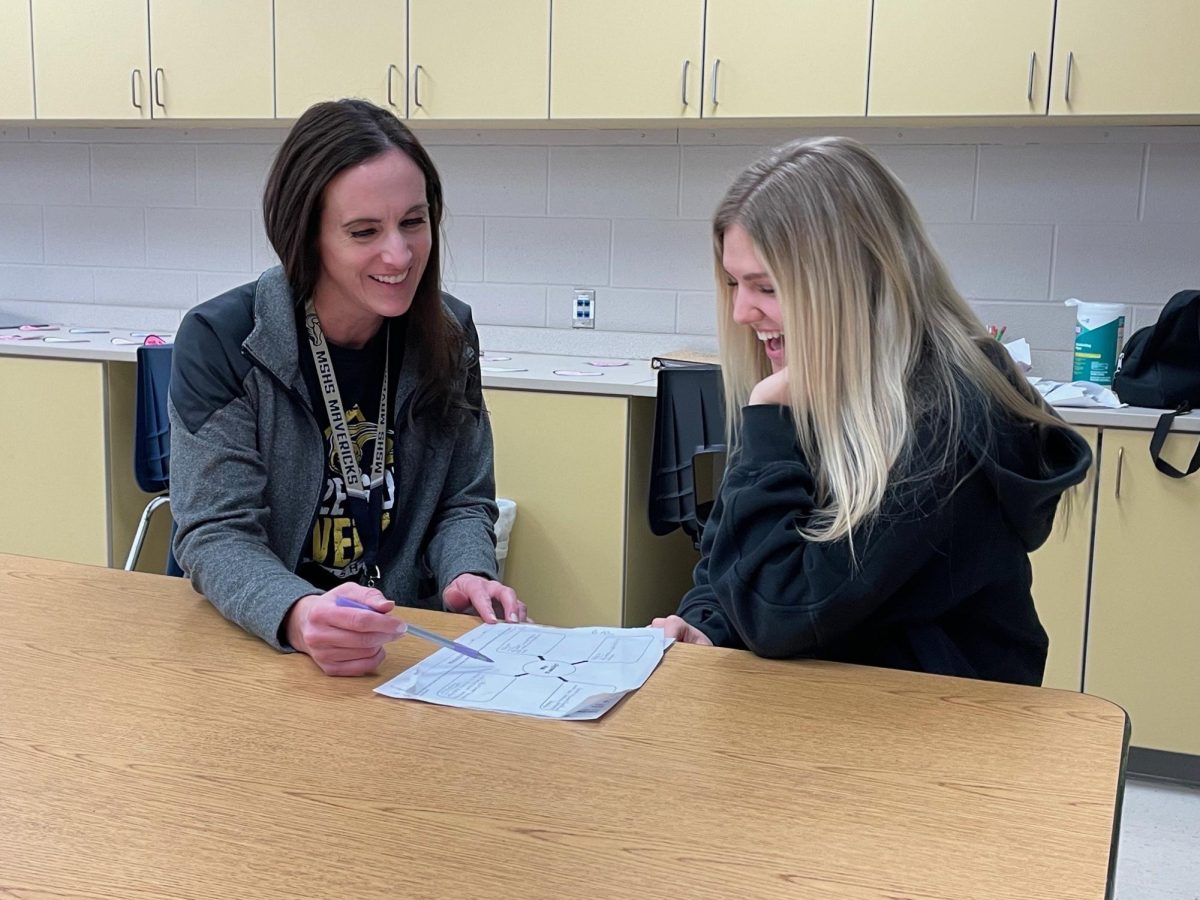National Suicide Prevention Week ends
According to Child Trends, females are twice as likely as males to consider suicide. This past week was dedicated to the prevention of suicide.
September 13, 2019
Seventeen percent of high school students reported seriously considering suicide in 2017, according to a study conducted by Child Trends. Twenty-two percent of high school girls contemplated suicide.
“Suicide is out there,” nurse and SAFE sponsor Dana Desjardins said. “There is a problem with it.”
Desjardins said she thinks social media and other modern issues might be attributing to the rising numbers of teen suicide.
“You guys have a lot more stress than I did growing up,” she said. “You have the blue whale [challenge] incidents that are influencing people who are already in a bad place. There’s more threats on us each day and we can’t get away from it. I can see why there’s more suicides now.”
Desjardins said there are a lot of resources and confidants in Maize.
“There is help in school systems, […] there’s resources everywhere for you, so it’s very important so that anybody who is thinking about that, they know they have somewhere else to go,” she said. “Sometimes, it’s hard to talk to the people you know about stuff like that.”
She also said there are people in the district who want to help those contemplating suicide.
“First of all, don’t judge,” Desjardins said. “Second of all, just listen. Don’t try to talk. And third, get them help. Just follow up and if you go with your gut, tell somebody. So what if they hate you for that moment? […] They’re gonna love you because they’re still alive.”
Junior Aries Baker said she has struggled with suicidal thoughts in the past and has recovered from those urges after spending two years in a mental institution.
“It kinda feels like you’re alone and you’re in a deep, dark tunnel and there’s no way out,” he said.
Baker said the mental institution helped him learn coping skills, how to communicate his feelings and how to accept himself for who he truly his.
“Talk to people,” he said. “Communicate how you feel, even if you feel like you’re doing something wrong. Does it suck? Yes. But it’s better to be alive and have to go there [mental institute] than to be dead.”
As this National Suicide Prevention Week draws to a close, Desjardins said students should taking a step back and realize that everyone has a place in the world.
“I think we could do better in just realizing people are different,” she said. “We just have to look at each other as individuals and as people and as human beings.”



